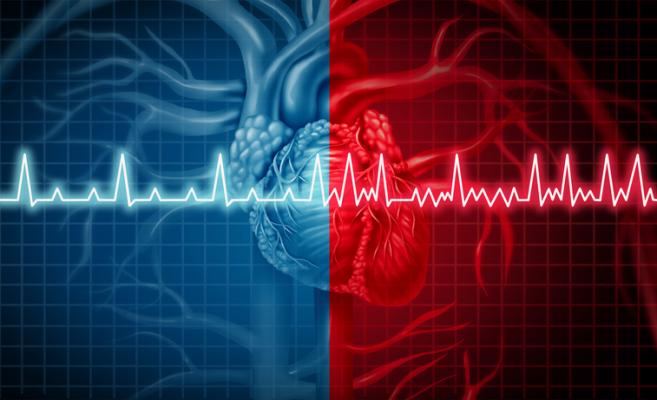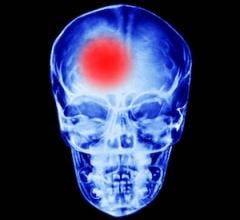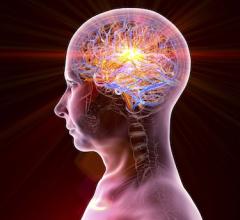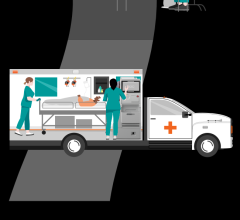
Getty Images
July 29, 2022 — A cohort study of persons with incident atrial fibrillation (AF) has found that AF after noncardiac surgery is common and comprises 13 percent of all new AF diagnoses. Postoperative AF is also associated with similar risk for stroke or transient ischemic attack (TIA) and death as AF unrelated to surgery. The findings are published in Annals of Internal Medicine.
AF occurring after noncardiac surgery may be triggered by perioperative stress and systemic inflammation in patients with predisposing comorbidities. For those who develop AF within 30 days of surgery, AF often recurs during subsequent follow-up and carries increased risks for thromboembolism and death compared with patients who had surgery but did not develop AF. It is less clear how postoperative AF compares with AF occurring outside of the operative setting for risk of both nonfatal and fatal outcomes.
Researchers from the Mayo Clinic’s Departments of Cardiovascular Medicine and Quantitative Health Sciences studied data from the Rochester Epidemiology Project (REP) for 4,231 patients with incident AF to compare the risks for ischemic stroke or TIA and other outcomes in patients with postoperative AF versus those with incident AF not associated with surgery. They found that 550 patients, or 13%, had postoperative AF as their first-ever documented AF presentation. Most of these incidents occurred within one week after surgery and the cumulative incidence of subsequent documented AF was approximately 21% at 1 year after the index periprocedural AF episode. The authors also found that compared to AF unrelated to a surgical procedure, postoperative AF was associated with similar risks for stroke or TIA and death. According to the authors, their results suggest that patients with postoperative AF may require ongoing surveillance for the arrhythmia and its complications. They also suggest that the underuse of anticoagulation in these patients may reflect the perception that postoperative AF is an isolated, provoked arrhythmia after noncardiac surgery that carries less severe implications than other forms of AF, but their data show that this perception may be erroneous and underscores a therapeutic gap with direct clinical relevance.
For more information: https://www.acponline.org/


 February 10, 2026
February 10, 2026 









